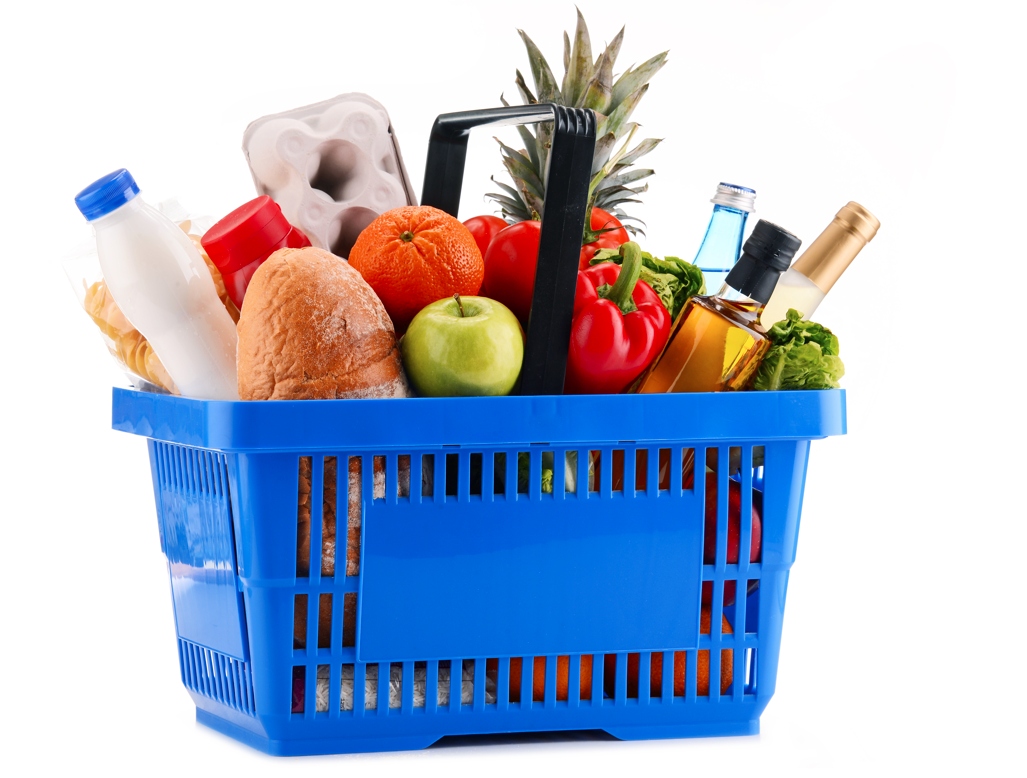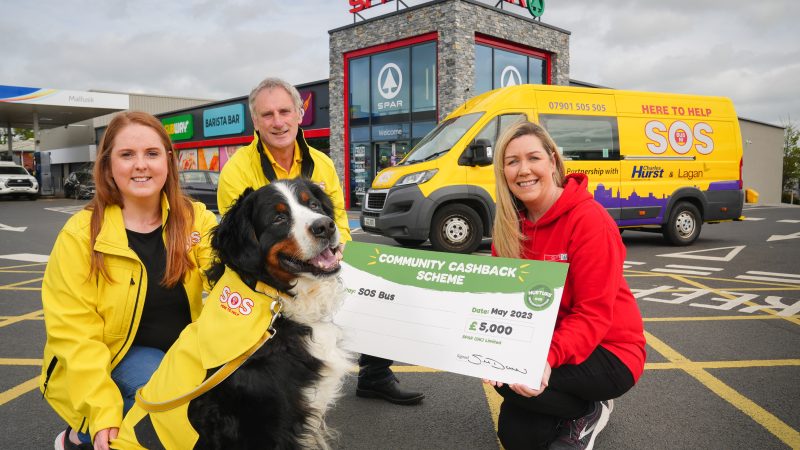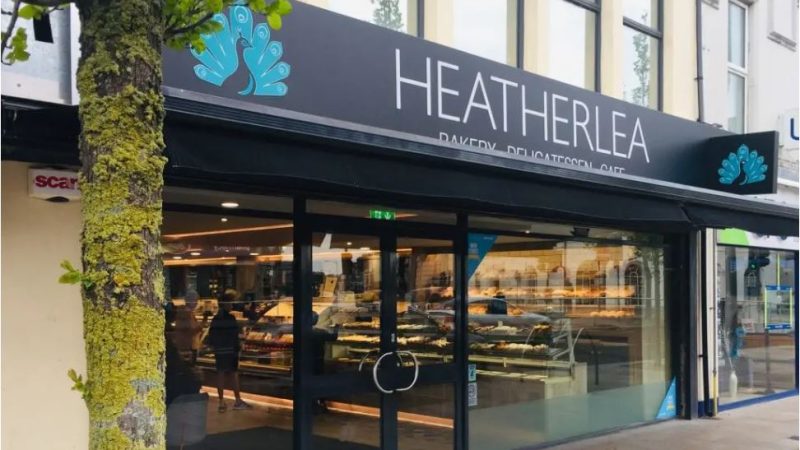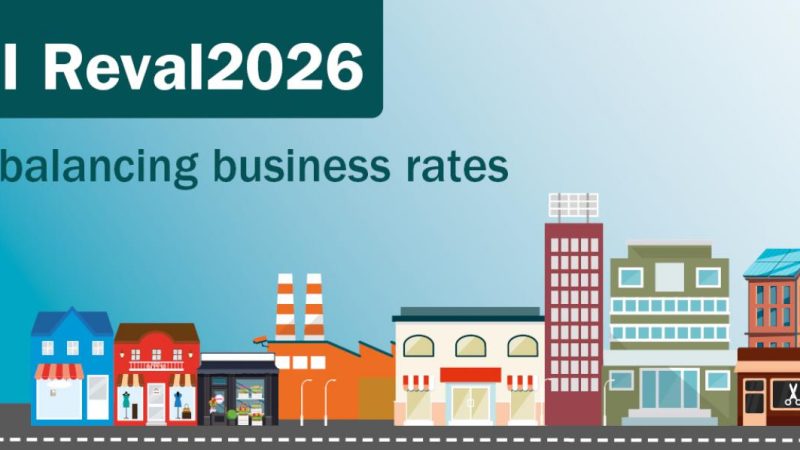Shoppers turning to own label alternatives and fewer ‘big shops’

Inflation is hitting food buying habits as people trade down to own-label alternatives and do smaller shops more often, according to Kantar.
The research company said the cost of living crisis is now weighing heavily on people’s minds, with grocery price inflation climbing from 2.8% last month to 3.6% now.
And people were leaving behind pandemic habits of doing big shops by shopping little and often — which means grocery sales were down 5.8% year on year, according to David Berry, managing director for Kantar Worldpanel Ireland.
Tesco remains our most popular grocer with a market share of 36%. In second place is Sainsbury’s with a market share of 16.9%, while Asda is in third on 16.2%.
Only discount supermarket Lidl was able to increase its market share, which was up from 6.6% to 7%.
Mr Berry said Lidl had benefited from an influx of new shoppers, who had added £8m to sales, with 74% of local households now buying there at least once a month.
“Northern Irish shoppers made two extra trips to store in the latest 12-week period compared with last year,” he added.
“They’re putting less in their baskets and volumes have declined on average by 10.2% — that’s about one fewer pack.
“What people are buying has changed too. Alcohol purchases have dipped now that people can visit restaurants, pubs and bars again, and home baking sales are down as consumers shake off the last remnants of Covid habits.
“Consumers are returning to tactics they adopted in the last recession to manage the impact on household budgets.
“As well as doing smaller shops more often, some people are making the most of grocers’ promotions and trading down to private label alternatives, which are typically cheaper than brands.”







